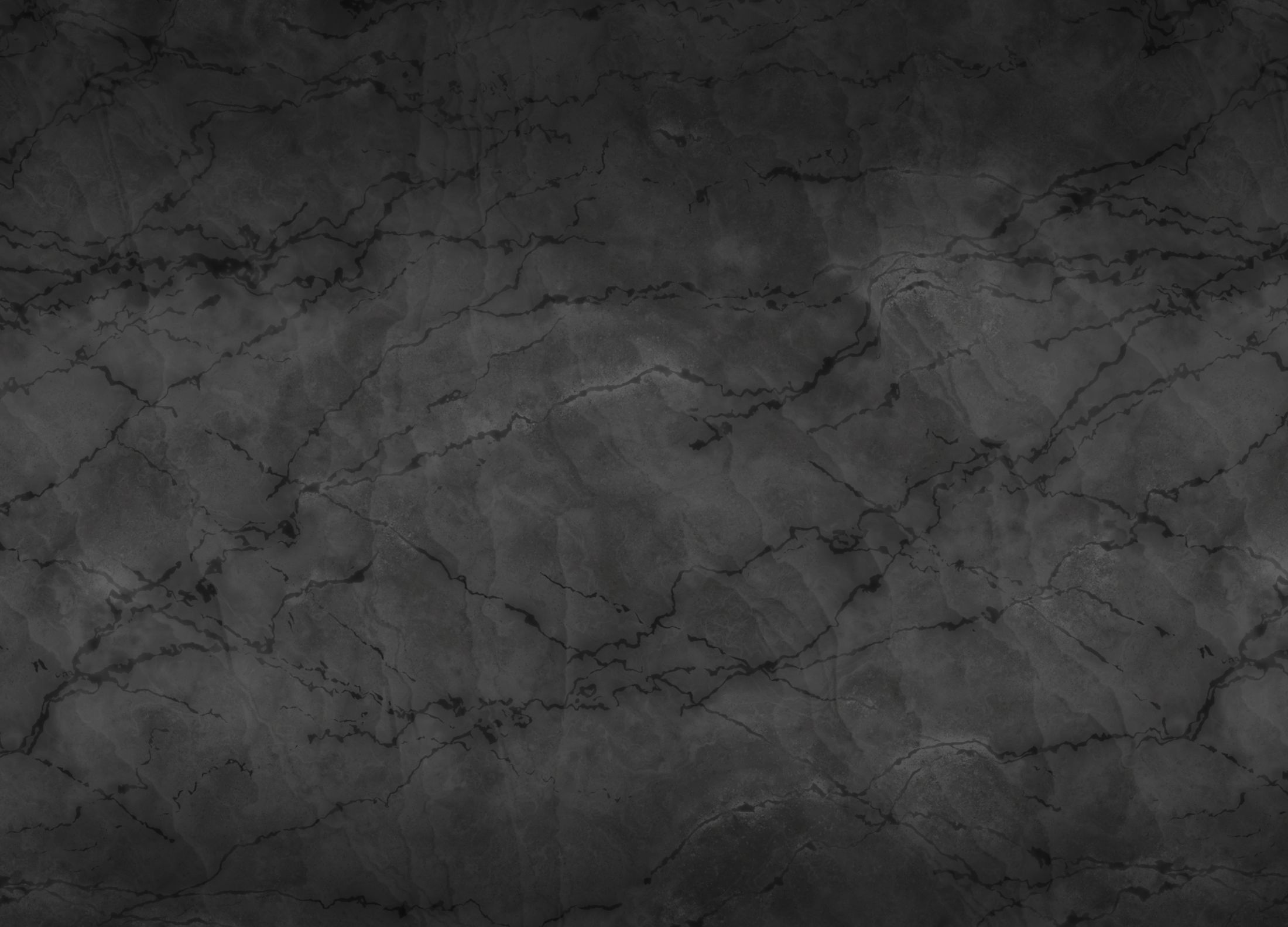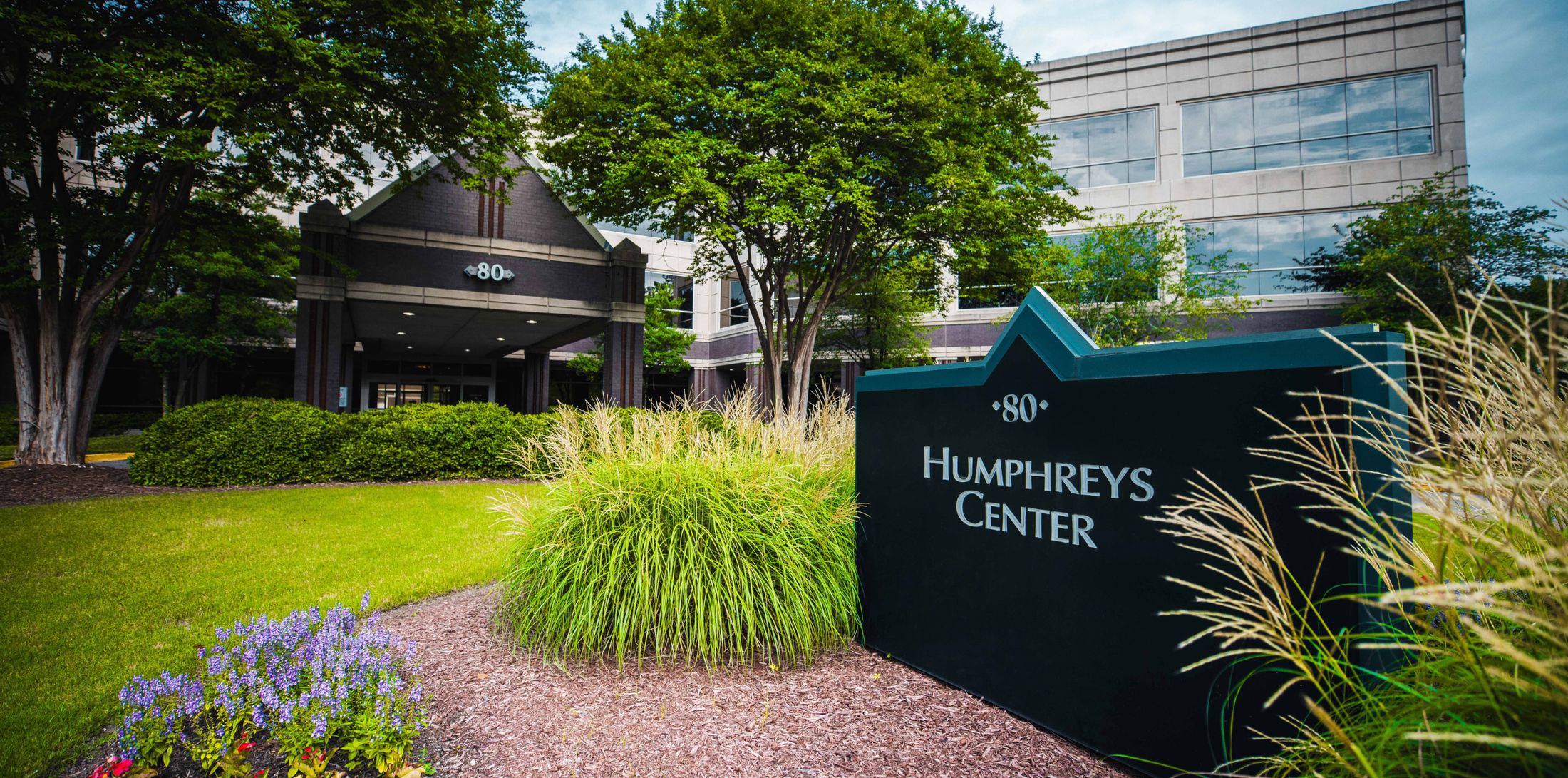



At Plastic Surgery Group of Memphis, we see people every day who want to improve areas of their body that have made them self-conscious. One of the most common procedures we discuss—and perform—is a rhinoplasty, also known as a nose job. Even if you’ve been unhappy with the appearance of your nose, going under the knife can feel intimidating. That’s why our team is covering all of the basics of getting a nose job. From scheduling your procedure to the recovery, the PSG of Memphis team has your back.
Just about anyone is a candidate for a nose job, but the only way to know which type is to consult a professional. Some of the factors that we consider when determining if someone is a candidate for rhinoplasty include:
There are several types of rhinoplasty available depending on your needs and goals for treatment.
Augmentation Rhinoplasty
If you feel like your nose is too small for your face, an augmentation can help you get the size and shape you want using bone and tissue grafting. Implants and cartilage grafts are mostly permanent, so you’ll have one procedure and enjoy long-term results.
Filler Rhinoplasty
Injectable fillers are a non-permanent solution to smooth uneven areas in the nasal structure. The results of a filler rhinoplasty last between 12 and 18 months on average.
Reduction Rhinoplasty
If you’re unhappy with the size of your nose, a reduction rhinoplasty could be your solution. During this procedure, we can also reshape the nostrils and tip of the nose.
Reconstruction Rhinoplasty
If you’ve lost a portion of your nose due to an accident, injury, or illness, reconstruction can restore the function and appearance of your nose.
You’ll start by scheduling an appointment with one of our expert providers to discuss your concerns and goals. We’ll help you determine the best course of action, create your customized treatment plan, and schedule your surgery.
Rhinoplasty is an outpatient procedure that we perform in a sterilized hospital operating room. First, we’ll wash your face and administer fluids through an IV. Generally rhinoplasty is done under general anesthesia.
Once your anesthesia is in full effect, we’ll start surgery. The exact process will depend on the type of rhinoplasty you have, but we’ll typically make a small incision before adding or extracting the necessary bone or tissue.
After reshaping your nose, we’ll close the incision and use splints to help the nose maintain its shape while healing. Finally, we’ll apply some tape and a cast that you’ll wear during the first phase of recovery.
When your surgery is complete, you’ll spend some time recovering in the post-surgery facility before going home to rest and heal.
Although nose jobs are outpatient procedures, healing can take some time. You’ll need to stay home from work or school seven to ten days after surgery while the swelling subsides. During the first few days, you’ll need to:
In the weeks following your nose job, you should:
It’s important to follow your recovery instructions as closely as possible to aid the healing process, but remember that the process will vary by person. You’ll see most of your results within the first two weeks after treatment, with the final results visible in six to 12 months.

Making the choice to get surgery for cosmetic or health reasons is a big deal, and our team can help you along the way. If you’re ready to learn more about getting a nose job, the benefits, and how it could change your life, contact one of our Memphis area offices to schedule an appointment. We look forward to meeting you!